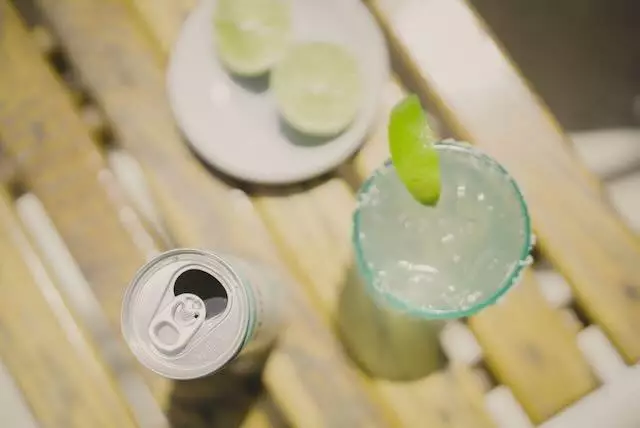The emergence of alcoholic seltzers during the pandemic seemed like a dominant force in the beverage industry. However, it was merely a precursor to a more significant shift towards nonalcoholic and zero-proof drinks. This movement is fuelled by the increasing demand for healthier lifestyle products among consumers. As a result, the market has experienced a surge in interest in nonalcoholic beers, wines, spirits, and other ready-to-drink beverages. The level of innovation in this sector is reminiscent of the early days of craft beer development.
Despite the growing interest in healthier beverage alternatives, one significant obstacle remains – how to effectively reach consumers. Traditional retailers like liquor stores tend to marginalize nonalcoholic drinks by placing them on bottom shelves or in dusty corners. Grocery chains also struggle to categorize these products effectively. Compounding the issue is the complex and fragmented state liquor laws in America. This presents a challenge for companies seeking to establish a mature market for nonalcoholic beverages.
Barrie Arnold, a veteran in the nonalcoholic industry, believes he has a solution to this market challenge through his new venture, bardelia. With experience from his previous business, Arnold aims to revolutionize the traditional retail model for nonalcoholic drinks. Bardelia’s brick-and-mortar locations will offer an immersive experience where consumers can sample products, consult with experts to curate their ideal drink profiles, and create community spaces for gatherings.
To better understand consumer preferences, bardelia launched its e-commerce platform with AI-powered tools to personalize product recommendations. The company also conducted tasting events and engaged with brands to identify partnerships that align with their vision. Bardelia’s focus extends beyond alcohol replacement to include products like cannabis, adaptogens, and nootropics, catering to a broader range of consumer needs.
Bardelia’s fundraising efforts have been met with success, with plans to open its first physical retail location in New York in 2024. By embracing a franchise model, the company aims to expand to twenty-five units by 2028. This strategy aligns with their vision to create an experiential retail environment similar to successful brands like Warby Parker and Sephora. By creating a space for consumers to explore and sample products, bardelia aims to position itself as a leader in the evolving nonalcoholic drinks market.
As consumer preferences shift towards healthier beverage alternatives, the demand for dedicated nonalcoholic retailers is on the rise. Bardelia’s innovative approach, influenced by lessons learned from previous endeavors, sets the stage for the company to establish itself as a frontrunner in the industry. With a focus on creating unique experiences for consumers and building a strong community of supporters, bardelia’s growth trajectory appears promising in a market poised for significant expansion. Only time will reveal the full extent of bardelia’s impact on the future of nonalcoholic drinks.

